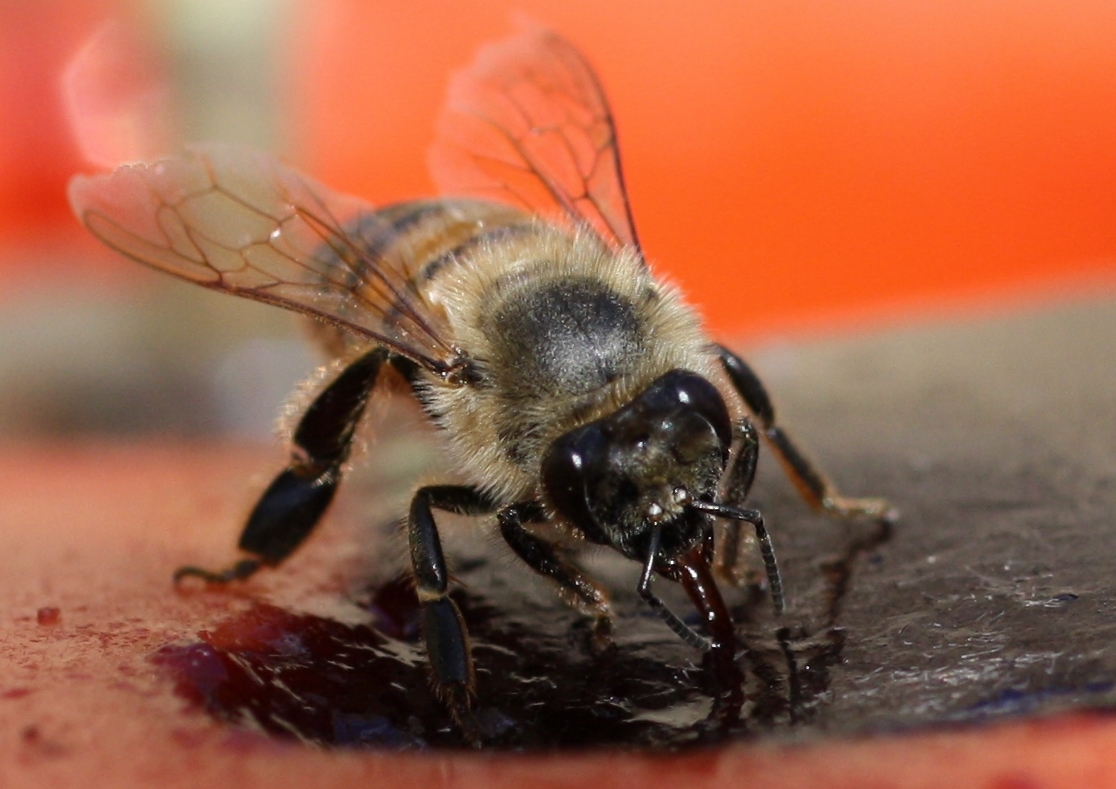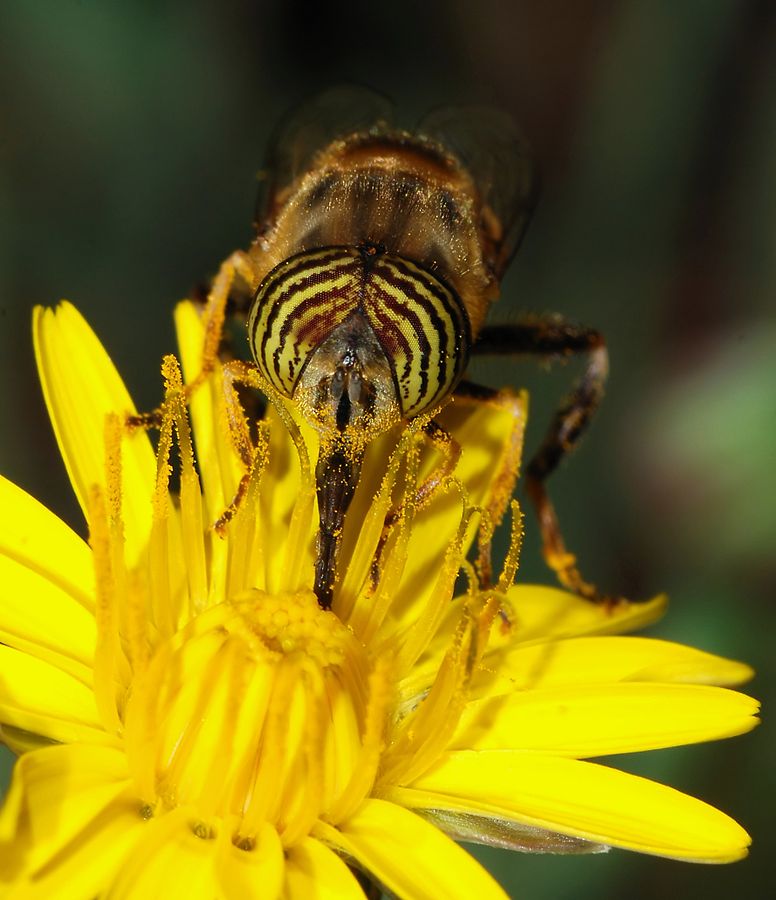

"Flowers do not bloom, nor does a leaf fall independent of causes and conditions. All things in the universe are interdependent in this ocean of constant change. This is the one thing that does not change.”
-From the Flower Garland SutraPollinators enable a plant to produce seeds by fertilizing it—the pollinating agent transfers pollen grains from the male part of a plant to the female part. Pollinating agents can be animals such as insects, birds, and bats; water; wind; and even self-pollinating plants.
 The management of pollinators on the national forests and grasslands is an important aspect of the U.S. Forest Service botany program. Over 80% of flowering plants require pollination by animals to successfully produce seeds and fruits—to reproduce. Plants and pollinators together provide the basis for life—converting the sunlight into food, materials for shelter, clean air, clean water, medicines, and other necessities of life—View Pollinator Friendly Practices
The management of pollinators on the national forests and grasslands is an important aspect of the U.S. Forest Service botany program. Over 80% of flowering plants require pollination by animals to successfully produce seeds and fruits—to reproduce. Plants and pollinators together provide the basis for life—converting the sunlight into food, materials for shelter, clean air, clean water, medicines, and other necessities of life—View Pollinator Friendly Practices
U.S. Air Force Pollinator Conservation Reference Guide provides information about multi-organizational partnerships that focus on or include pollinator conservation in their activities.
"While there is general concern about pollinator population declines, some species have already declined to such an extent that their very survival as a species is approaching or has already reached endangered or threatened status. These species, in particular, need special attention."
"Pollinators in the United States include most bees and some bats, birds, butterflies, moths, flies, beetles, and other insects. These animals play a crucial role in plant reproduction, and are critical to maintaining diverse and healthy ecosystems. Pollinators aid reproduction in over 75% of flowering plants, resulting in the production of seeds and fruits that provide food to many animals. Pollinators contribute significantly to the U.S. economy."